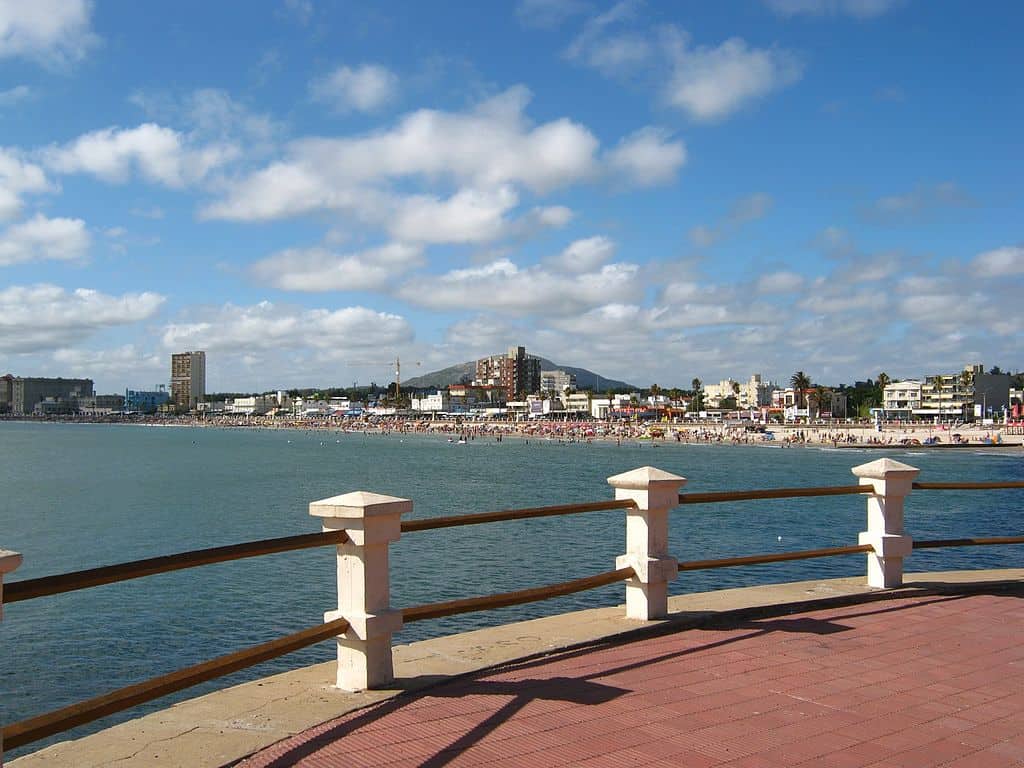How to Get Residency in Uruguay
Uruguay can be easily forgotten since its two big neighbors, Argentina and Brazil, usually steal the scene. However, Uruguay has a lot of perks for expatriates looking to live abroad in South America. It’s a small country with a small population (3.4 million), but as such, it would offer a lifestyle free from overly populated cities and venues. It is known for being the most progressive country in South America and one of the safest as well. Most of the population is of European heritage, and the country has scattered colonias, or colonies, which are communities centered around people from different countries.
Tourist Visas
Residents from many countries will not need a tourist visa to travel abroad to Uruguay. Those from the United States are included in this list of countries and do not need a tourist visa as long as their stay is within the 90-day allotted time period. For those who do need visas to enter, they must apply with four weeks’ time to spare, since processing can take this long. Those who do need a visa will need to apply with the following:
- completed and signed application form
- passport valid for at least six months after your arrival in Uruguay
- passport-size photo
- consular fee ($42 USD)
- proof of travel arrangements
- hotel confirmation
Uruguay also requires that those who need the tourist visa to enter the country arrive to the consulate in person within 60 days of approval to receive the stamp. You can find out here whether residents from your country will require a visa, which requirements will need to be fulfilled, and which visas require which paperwork items.
Residence Permits
There are two residency options for Uruguay: a permanent residency and a temporary residency. You’d have to apply for either type in person at the Dirección Nacional de Migración in Montevideo. The general requirements for either type of application are as follows:
- one passport-size photo
- health certificate issued by the Health Department of Uruguay
- police clearance certificate from your country of origin
- birth certificate
- entry/departure card
- original and copy of your passport
All foreign documents must be apostilled and translated to Spanish, Uruguay’s national language. It might also help to know some Spanish yourself if you are looking to relocate, or to have an immigration lawyer who can help translate.
Temporary Residency
There are seven categories of this type of residency in Uruguay. Most of these categories apply specifically to those residing in Uruguay for work in different industries. The one that typically appeals most to expatriates is category one. This one is for specialists who are carrying on business within the country. It can apply to scientists, researchers, teachers, technicians, etc. It allows residency for up to four years.
In addition to the resources listed above, you’ll also be asked to provide a signed statement from your place of business indicating your position, duties, and monthly salary. If your work is through a private enterprise, the consulate will be looking for a description of that company as well. Fortunately, there isn’t a separate work permit or work visa that goes along with this for Uruguay, as there is in many other countries. Any type of residency status will allow you to work in the country.
Permanent Residency
Permanent residency can only be granted in Uruguay to those who live in the country. Applicants cannot simply come to the country, apply, then leave while the application is processing. During the processing time, it is recommended to spend at least six months within the country. The processing time runs at about 12-18 months. Once the application is submitted, you are allowed to spend an indefinite amount of time in the country, regardless of whether or not residency status has been granted.
Once this residency is granted, Uruguayan residents are allowed to enter and leave the country as they wish with no restrictions. The only way to lose permanent residency status in Uruguay is to stay out of the country for three consecutive years.
Permanent residency in Uruguay comes with its perks, too. After a number of years as a resident (three if you’re married, five if you’re single) you can apply for a Uruguayan passport. This will allow easier travel between Uruguay and its neighbors. Personal belongings can be brought over duty free, local health insurance is available, and there are some tax benefits as well.
Path to Citizenship
Uruguay allows residents to get a second citizenship, so you don’t have to choose one country over another. The path to citizenship can take as little as three years (if you are applying as a married couple) or as long as five years (if you are single). Once you’ve achieved permanent residency status, you can apply for citizenship. The biggest concern of the Uruguayan government when going over such an application will be whether you spend all of your time in the country and actually live there, so be sure to be available if they come to check up on you.
Here is probably the most extensive ebook on Everything You Ever Wanted To Know About Eliminating Your Taxes, Protecting Your Assets And Regaining Privacy Over Your Life And Investments. It is called The Ultimate Guide To Going Offshore. Visit our bookstore to purchase it today!
Experience the Insider community that takes your international lifestyle to the next level. Download your FREE guide
"18 Steps to Implementing Your Plan B" instantly!
I hope you enjoyed reading: How to Get Residency in Uruguay. If you have any questions, please contact our office HERE.
I’ve included some great articles for you to read, enjoy!
Uruguay: A Favorite for Investment, Residency, & Citizenship
Like Our Articles?
Then make sure to check out our Bookstore... we have titles packed full of premium offshore intel. Instant Download - Print off for your private library before the government demands we take these down!







